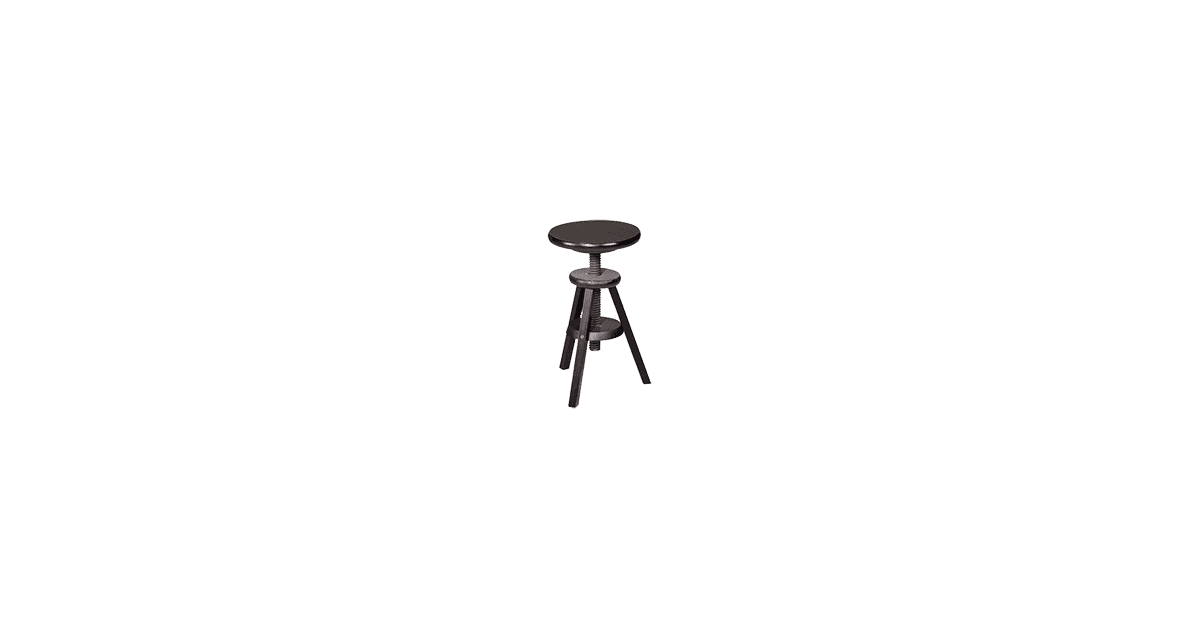No products in the cart.
Substances or behaviors that can trigger addiction
“Unlock the power of addiction-free living!”
Addiction is a complex disorder that can be triggered by a variety of substances and behaviors. It is characterized by compulsive engagement in activities despite negative consequences. Common substances and behaviors that can trigger addiction include alcohol, drugs, gambling, sex, and shopping. These activities can become addictive when they are used to cope with stress, anxiety, or depression, or when they are used to escape from reality. Addiction can have serious physical, psychological, and social consequences, and it is important to recognize the signs of addiction and seek help if needed.
The Neurobiology of Substance Abuse and Addiction
Substance abuse and addiction are complex issues that have been studied for decades. While the exact causes of addiction are still being explored, research has revealed a great deal about the neurobiology of substance abuse and addiction.
At its core, addiction is a brain disorder. It is characterized by compulsive drug use despite negative consequences. When someone abuses drugs, the brain’s reward system is activated, releasing a flood of dopamine and other neurotransmitters. This creates a feeling of pleasure and reward, which encourages the person to continue using the drug.
Over time, the brain becomes accustomed to the drug and develops a tolerance. This means that the person needs to take more of the drug to achieve the same effect. As the person continues to use the drug, the brain’s reward system is further altered, leading to compulsive drug use.
The brain’s reward system is not the only area affected by substance abuse. Other areas of the brain, such as the prefrontal cortex, are also impacted. This area of the brain is responsible for decision-making, impulse control, and other executive functions. When it is impaired by drug use, it can lead to poor decision-making and an inability to control impulses.
The neurobiology of addiction is complex and still being studied. However, it is clear that substance abuse and addiction have a profound effect on the brain. Understanding the neurobiology of addiction can help us better understand the causes of addiction and develop more effective treatments.
The Role of Genetics in Substance Abuse and Addiction

When it comes to substance abuse and addiction, genetics can play a major role. While environmental factors, such as peer pressure and stress, can influence a person’s decision to use drugs or alcohol, genetics can also be a major factor in the development of addiction.
Research has shown that certain genetic variations can increase a person’s risk of developing an addiction. For example, some people may have a genetic predisposition to addiction, meaning that they are more likely to become addicted to drugs or alcohol than others. Additionally, some people may have a genetic variation that makes them more sensitive to the effects of certain substances, making them more likely to become addicted.
In addition to genetic predisposition, family history can also be a factor in the development of addiction. If a person has a family history of substance abuse or addiction, they may be more likely to develop an addiction themselves. This is because addiction can be passed down from one generation to the next, and a person’s environment can also influence their risk of developing an addiction.
Finally, genetics can also influence how a person responds to treatment for addiction. Some people may have a genetic variation that makes them more likely to respond positively to certain treatments, while others may not respond as well. This means that it is important for doctors to consider a person’s genetic makeup when designing a treatment plan for addiction.
Overall, genetics can play a major role in substance abuse and addiction. While environmental factors can influence a person’s decision to use drugs or alcohol, genetics can also be a major factor in the development of addiction. Additionally, family history and genetic variations can influence how a person responds to treatment for addiction. Therefore, it is important for doctors to consider a person’s genetic makeup when designing a treatment plan for addiction.
The Impact of Social Environment on Substance Abuse and Addiction
Substance abuse and addiction are serious issues that can have a devastating impact on individuals, families, and communities. But what many people don’t realize is that the social environment can play a major role in the development of these issues.
Research has shown that people who are exposed to certain social environments are more likely to engage in substance abuse and addiction. For example, those who are surrounded by peers who use drugs or alcohol are more likely to do the same. This is especially true for young people, who are more likely to be influenced by their peers.
In addition, people who are exposed to poverty, violence, or other forms of social deprivation are more likely to turn to drugs or alcohol as a way to cope with their difficult circumstances. This is especially true for those who lack access to mental health services or other forms of support.
Finally, people who are exposed to certain cultural norms or expectations may be more likely to engage in substance abuse and addiction. For example, in some cultures, drinking alcohol is seen as a way to fit in or be accepted. This can lead to excessive drinking and the development of an addiction.
It’s important to recognize the role that social environment can play in the development of substance abuse and addiction. By understanding the factors that can lead to these issues, we can work to create healthier social environments and reduce the risk of substance abuse and addiction. In conclusion, substances and behaviors can trigger addiction in individuals who are predisposed to it. While some people may be able to use substances or engage in behaviors without becoming addicted, others may find themselves quickly becoming dependent on them. It is important to be aware of the potential for addiction and to take steps to prevent it from occurring. If addiction does occur, it is important to seek help from a qualified professional in order to get the help needed to overcome it.
Take control of your life and break the cycle of addiction! Learn more about the substances and behaviors that can trigger addiction and how to prevent them by visiting Addiction Supplements. Don’t let addiction take over your life – take action now!

